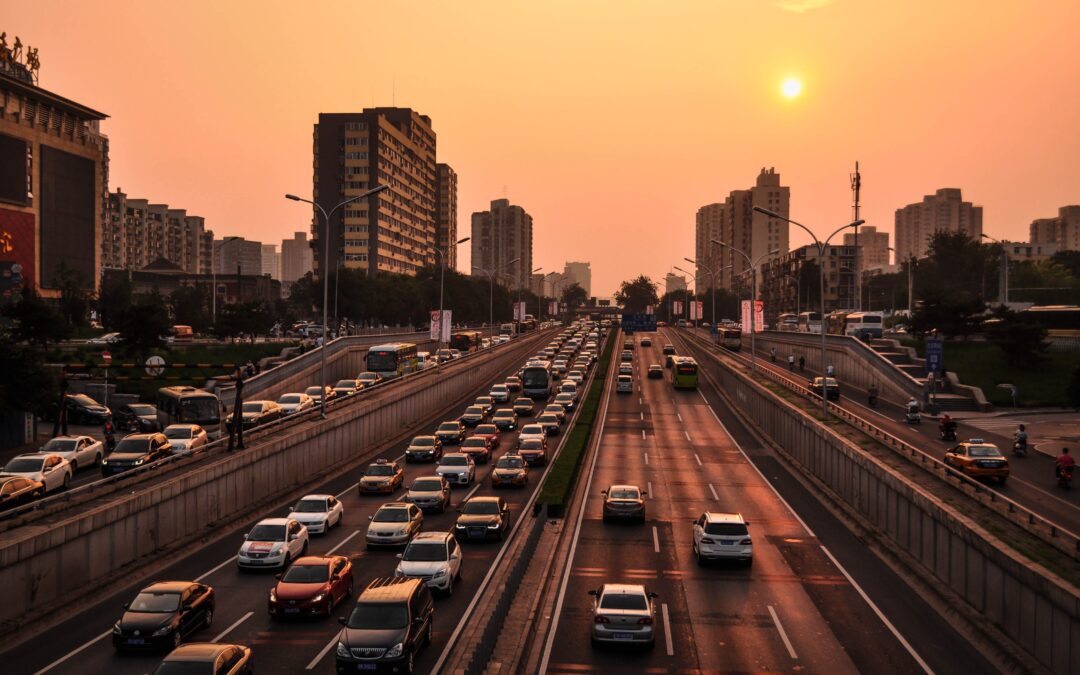Weather conditions play a significant role in the frequency and severity of highway accidents and insurance claims. While road safety measures and driver behavior are crucial factors in accident prevention, mother nature also has a part to play.
Continue reading to learn how weather conditions affect highway accidents and insurance claims.
Rain and Hydroplaning
When roads are wet, vehicles are more prone to hydroplaning, where a thin layer of water separates the tires from the road surface, leading to a loss of control. Hydroplaning can result in accidents, causing both physical damage and injury claims. To reduce the risk, drivers should slow down, maintain proper tire tread, and increase following distances in the rain.
Fog and Reduced Visibility
Insurers often see a rise in claims for accidents in foggy weather. Foggy conditions reduce visibility, making it challenging for drivers to see other vehicles, road signs, and obstacles. This decreased visibility can lead to rear-end collisions and accidents at intersections. In foggy conditions, drivers should use headlights, reduce speed, and avoid sudden lane changes.
Snow and Ice
Winter weather brings snow and ice, which pose significant challenges for drivers. Slippery road surfaces can result in accidents like skidding, rear-end collisions, and spin-outs. Vehicle damage and injuries are often associated with these accidents. Drivers should equip their vehicles with snow tires and drive at reduced speeds in snowy or icy conditions to reduce the risk of accidents.
Wind and Vehicle Control
Strong winds can make it difficult to maintain vehicle control, especially for high-profile vehicles like trucks and buses. Wind gusts can push vehicles off their paths, potentially leading to accidents. Such accidents can result in significant damage to vehicles and even injury claims. Drivers should be cautious in windy conditions and maintain a firm grip on the steering wheel.
Sun Glare and Reduced Visibility
While sunny weather is generally associated with pleasant driving conditions, the glare from the sun can reduce visibility even more than fog. Sun glare can make it hard to see other vehicles, pedestrians, or traffic signals. Accidents caused by sun glare may result in claims for property damage and injuries. Drivers can reduce the risk by wearing sunglasses and using a sunvisor.
Extreme Heat and Tire Blowouts
Hot weather can lead to road surfaces reaching scorching temperatures, which can cause tire blowouts. A sudden tire blowout can result in a loss of control, and ultimately, accidents. To prevent tire blowouts, drivers should regularly check their tire pressure and avoid overloading their vehicles.
The Need for Legal Aid
When bad weather causes a car accident, it will still count on your insurance record like any other accident where you’re at fault. If you believe the determination of fault is unfair, you can appeal. To do so, you need evidence showing someone else was responsible. It’s advisable to consult a law firm specializing in transportation accidents to create a concrete case and clear yourself of blame.
If you’ve been involved in a highway accident and need expert legal assistance, don’t hesitate to contact Craig J. Concannon, P.C. Our experienced team is here to help you navigate the complexities of accident claims, ensuring you receive the compensation you deserve. Call us at (314) 421-3329 or use this form today for personalized assistance.

